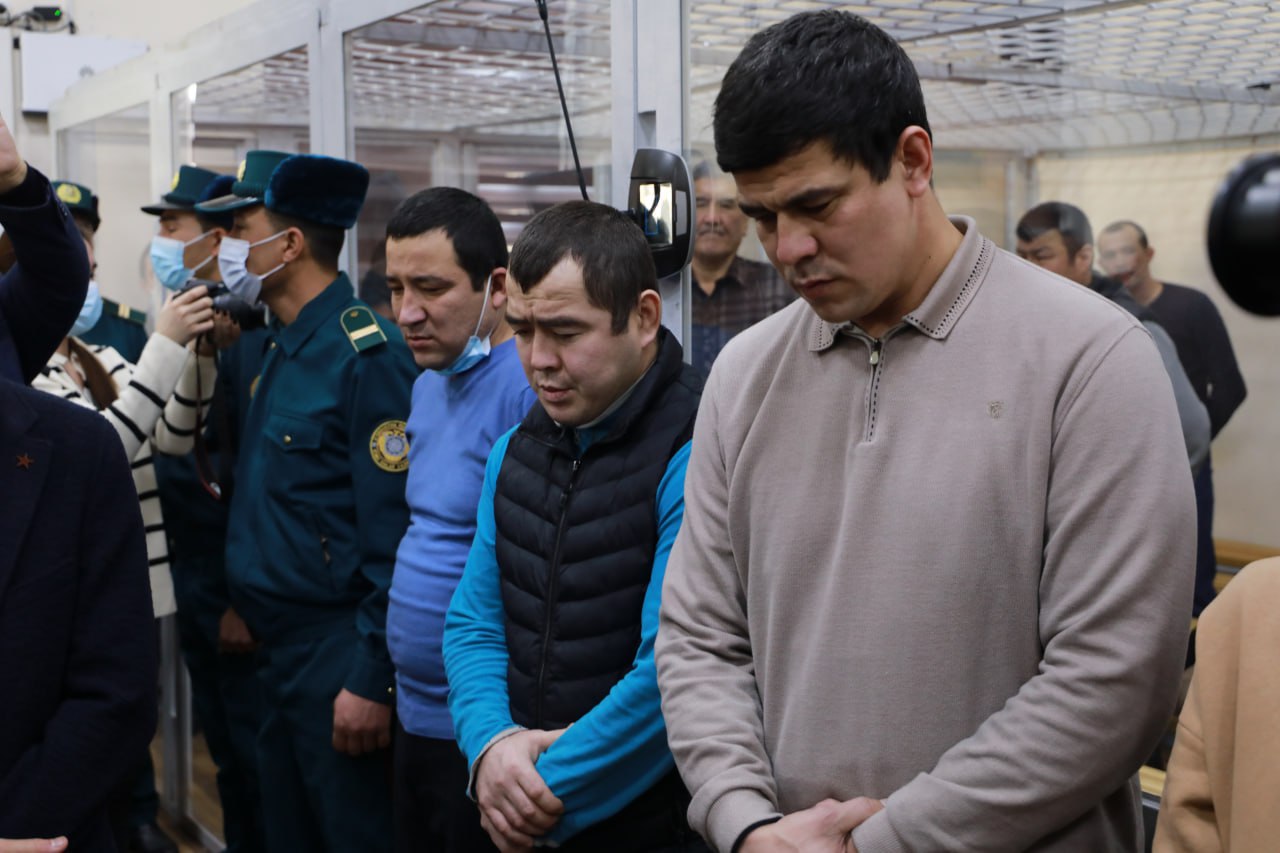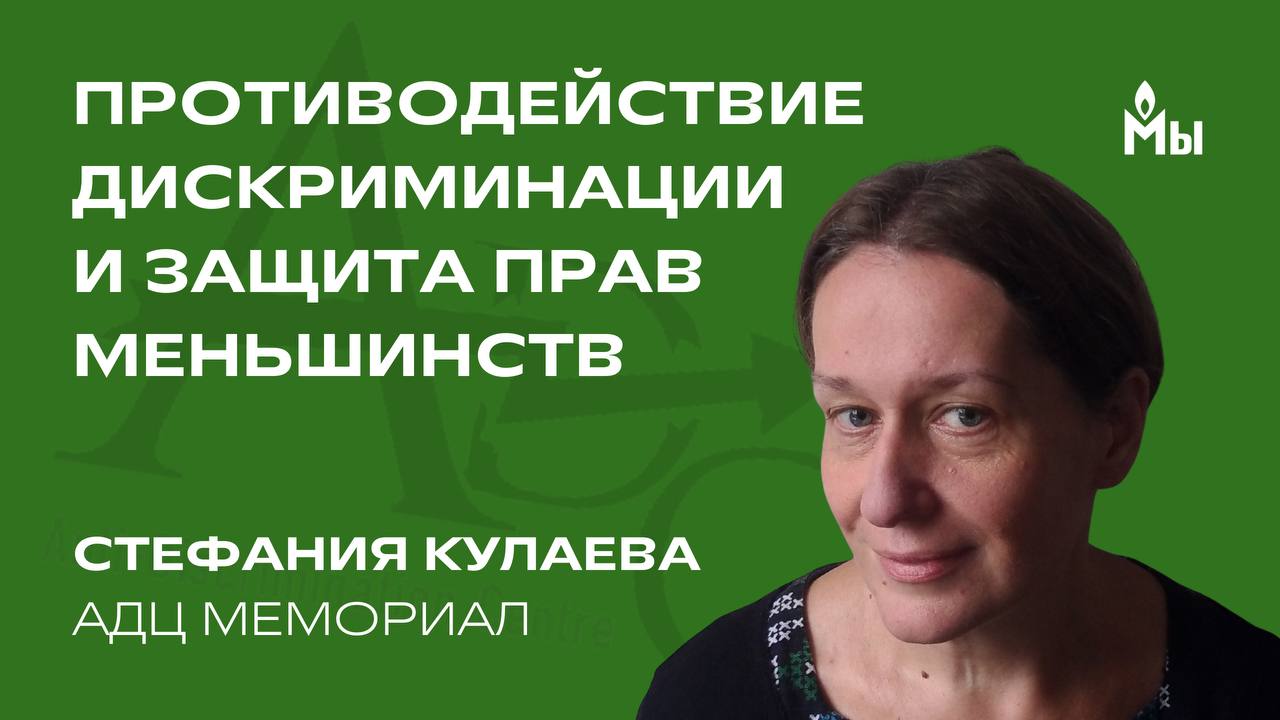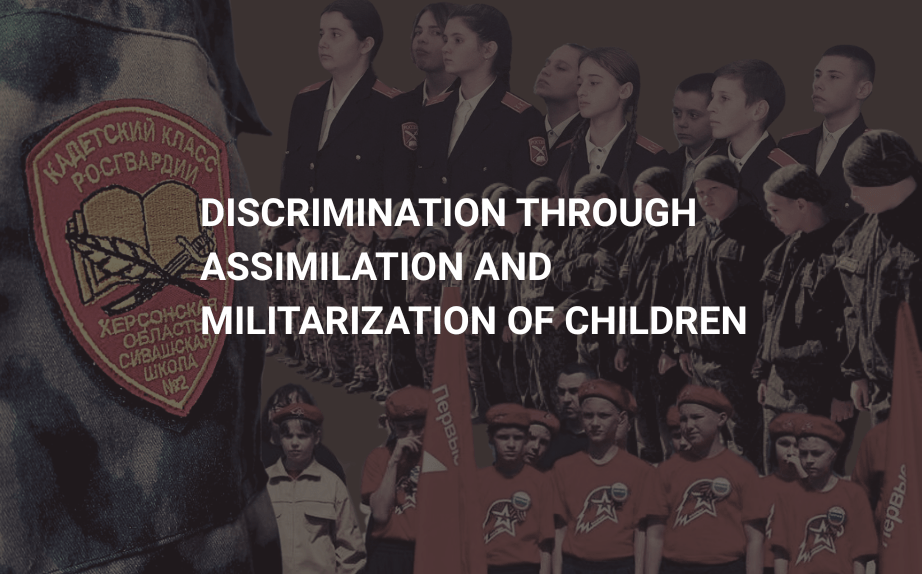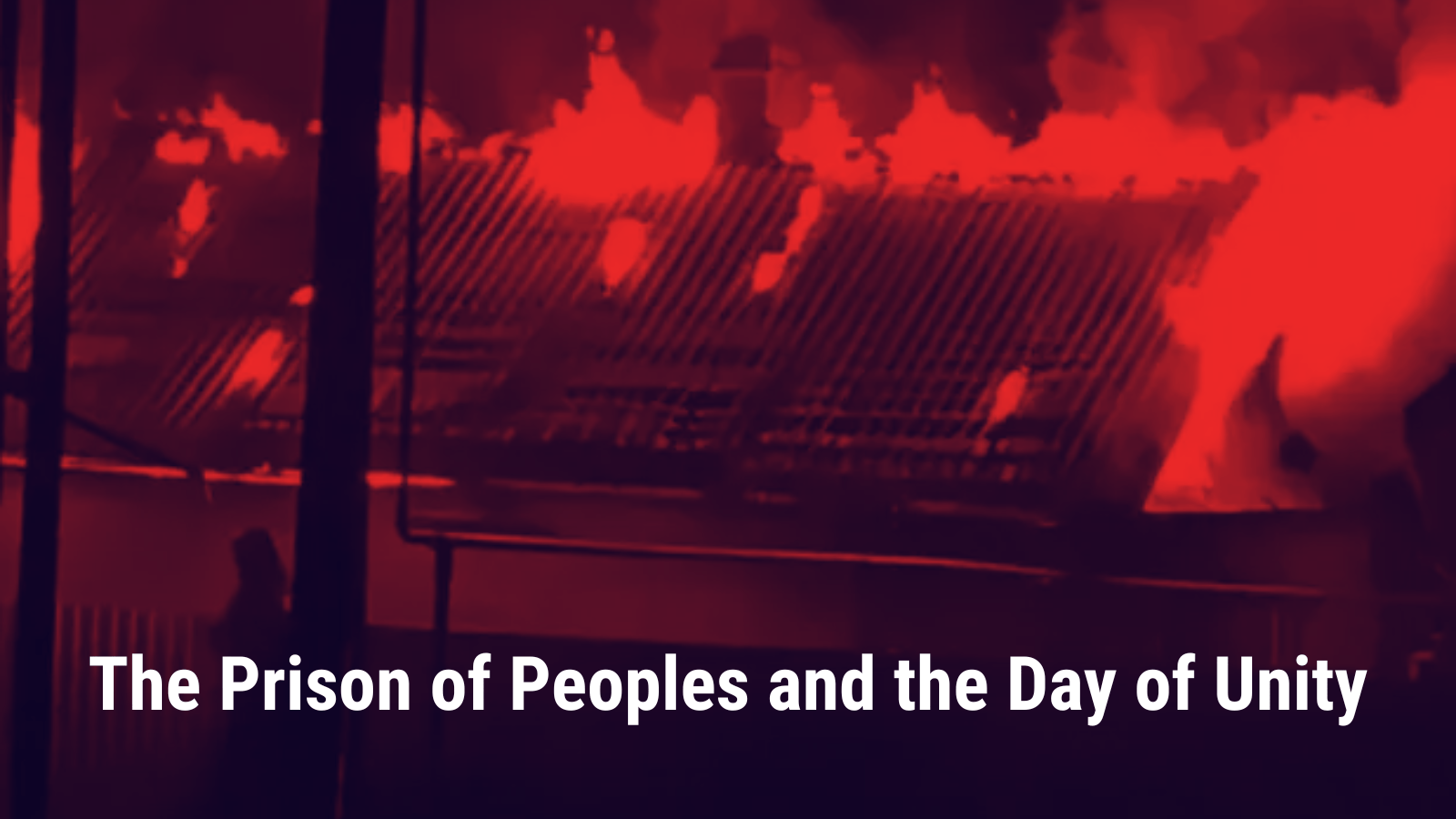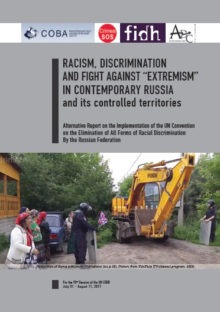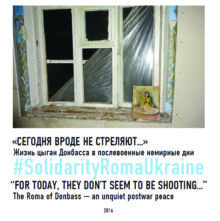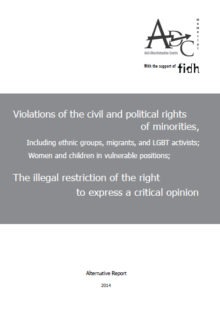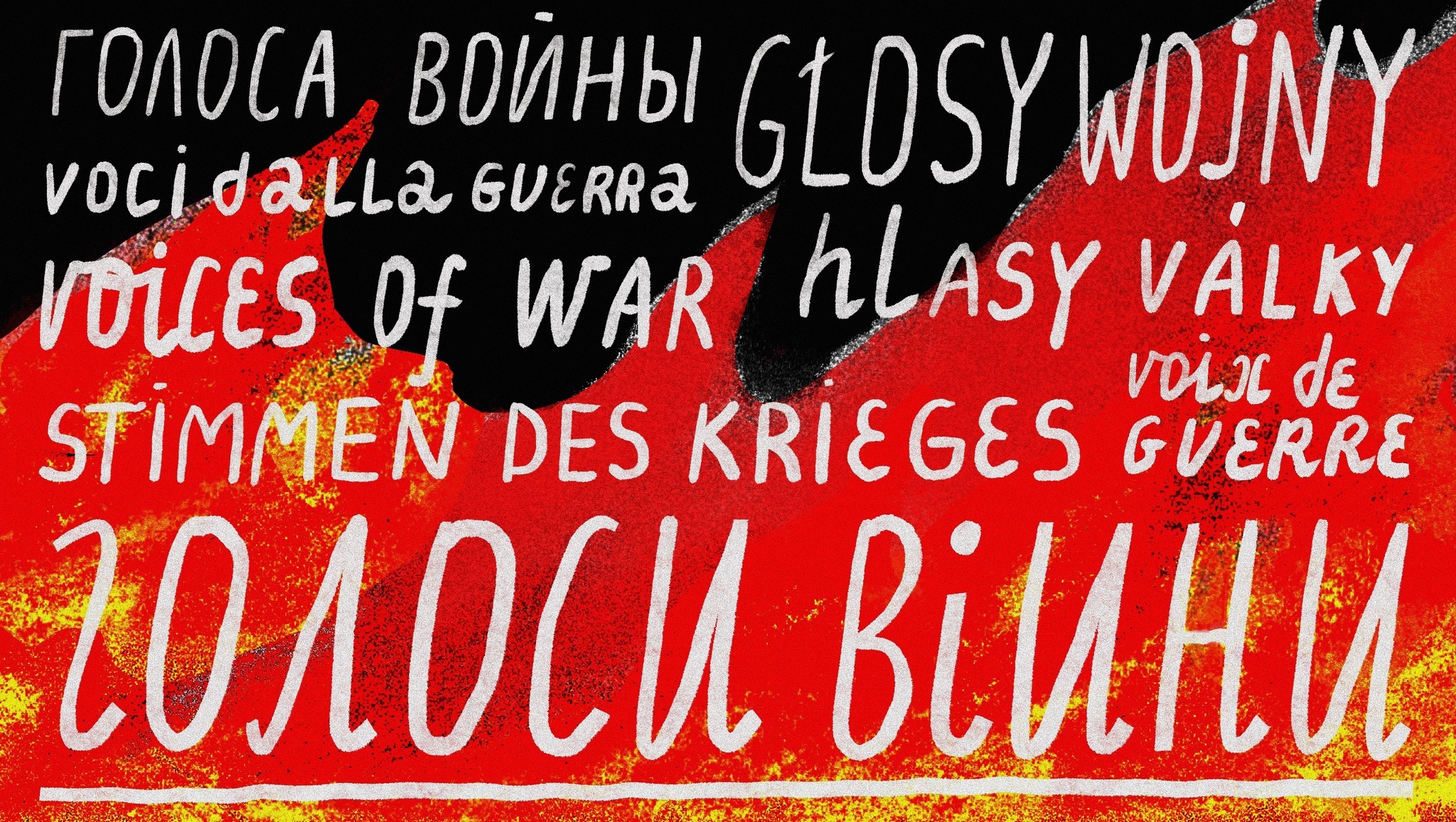On Jan. 31, after more than two months of court hearings, the first instance court finally issued a verdict in the Karakalpakstan case, which has 22 defendants. Readers are reminded that this case concerns protests that took place in Nukus on July 1 and 2, 2022, which were sparked by the Uzbek government’s intention to delete provisions from the Constitution that guarantee Karakalpakstan’s sovereign status within the country and its right to secede from the country if the majority of residents vote in favor of this in a referendum. According to official data, 21 people died while the protests were being suppressed by law enforcement bodies and National Guard units, but independent sources put the number of fatalities at least 77. Our previous analysis of the charges against protest leaders Dauletmurat Tajimuratov and Lolagul Kallykhanova proved that they were politically motivated, illegal, biased, and absurd. With little hope that Uzbekistan’s justice system would act independently, we called on the Uzbek authorities to issue a just decision, which would mean acquitting all or most of the defendants. Did the authorities hear our call?
At first glance, it appeared that a certain compromise had been reached. Under this compromise, five of the 22 defendants were released from custody right in the courtroom. Two of them, including Kallykhanova and Kalilayev, were given suspended sentences, and the rest received sentences, but their preventive measures were changed, which is a very strange formulation from a legal standpoint and begs the question of the actual reasons for their release. Kallykhanova, the only female defendant, was apparently released out of concern for reputation. Four of the five, including Kallykhanova, fully admitted their guilt, and one only partially admitted his guilt. At least two testified against Tajimuratov, accusing him of misleading them. And that looks like some kind of backroom deal.
Whatever the case, 17 defendants were still sentenced to actual prison time, and nine of them were given fairly long sentences, from seven to eight years. But Tajimuratov was given the longest sentence – 16 years imprisonment. Below is a table showing who was released from detention, who was given a prison sentence, and what the length of that sentence is.
| No. | First name, Last name | Plea | Sentence | Released from custody |
| 1 | Dauletmurat Tajimuratov | partial admission | 16 | |
| 2 | Akhmet Smetullayev | partial admission | 5 | preventive measure changed |
| 3 | Bakhtiyar Kadirbergenov | partial admission | 7 | |
| 4 | Bayram Seytniyazov | partial admission | 8 | |
| 5 | Allabay Tokimbetov | partial admission | 8.5 | |
| 6 | Saidabulla Medetov | partial admission | 7 | |
| 7 | Razbek Bekmuratov | partial admission | 8 | |
| 8 | Sultanbek Kaipov | partial admission | 8 | |
| 9 | Azamat Turdanov | full admission | 5 | preventive measure changed |
| 10 | Lolagul Kallykhanova | full admission | 8 | suspended sentence |
| 11 | Dauletmurat Tajimuratov | full admission | 8 | |
| 12 | Kakharman Seytimov | full admission | 5 | |
| 13 | Azamat Nuratdinov | full admission | 5 | preventive measure changed |
| 14 | Nurlan Nayypov | full admission | 7 | |
| 15 | Polat Shamshetov | full admission | 6 | |
| 16 | Berdakh Genzhebayev | full admission | 5 | |
| 17 | Salamat Kalilayev | full admission | 3 | suspended sentence |
| 18 | Polat Nurniyazov | full admission | 4 | |
| 19 | Saiypnazar Kalimov | full admission | 6 | |
| 20 | Nurlan Sultamuratov | full admission | 3 | |
| 21 | Aryslan Temirkhanov | full admission | 6 | |
| 22 | Amirbek Adilbekov | full admission | 7 |
The average prison term is 6.5 years. This is much less than the terms handed down after the Andijan events of 2005, but the verdict issued in this case is still quite severe. Most importantly, just like in 2005, the charges and trial were a travesty of justice.
The difference between the prison terms in this case and the ones in the Andijan case can most likely be explained by the fact that there was an element of violence on the part of the protestors during the 2005 events (seizing of the prison, the armory at the barracks, and the regional Khokimiyat building, as well as the storming of the National Security Service’s local office). This time, there were many fewer elements of violence on the part of the protestors. The authorities maintain that three law enforcement officers died, but they have not announced their names for some strange reason.
If we take a closer look at the results of the trial, we can see that no real progress was achieved in ensuring a fair and impartial review of the case. The authorities made small concessions in the form of suspended sentences and “changing preventive measures” for a few of the defendants. As noted above, most of the defendants were sentenced to actual prison time. Only one of the charges against Tajimuratov – the most absurd one – was dropped. This charge cited two completely different articles of the country’s Criminal Code: Article 104(3)(a) (intentional grave bodily harm caused by two or more persons) and Article 28 (complicity in committing a crime or organizing such a crime). After this charge was dropped, Tajimuratov’s term was reduced from 18 years (which is what the prosecutor requested) to 16 years. This doesn’t really resemble a compromise, and considering Uzbekistan’s long-standing practice of extending prison terms for political prisoners upon completion of their initial terms, there is nothing meaningful about reducing the sentence by two years. As far as the five defendants released from custody are concerned, their release was not determined by an acquittal, but in a completely arbitrary manner that left the verdict in force and without any legal grounds, most likely because of a call from the powers that be. And, considering the absence of an independent judiciary in the country, the entire verdict undoubtedly came from the president’s office.
The end of the trial in Bukhara was overshadowed by another sad event: Four days after the verdict, one of the convicts died – Polat Shamshetov, the former head of the criminal investigation department of the Ministry of Internal Affairs of Karakalpakstan. It is important to pay attention to his personality, as he, along with Tajimuratov, is an iconic figure. Being a son of the first and only president of Karakalpakstan, Dauletbay Shamshetov, Polat Shamshetov had a potential to become a leader of the movement for the independence of Karakalpakstan, and it might be the reason of his arrest. His father, a former party functionary, was elected Chairman of the Supreme Council of the Republic in early 1991, and in November of the same year he took the newly created post of the President of Karakalpakstan. It was the time of the so called “parade of sovereignty” of the former Soviet Union republics, and Karakalpakstan achieved the greatest autonomy within Uzbekistan, with a certain trend towards achieving full sovereignty. However, six months later, under pressure from Uzbek President Islam Karimov, he was forced to leave his post. Already in 1993, an agreement was signed between Tashkent and Nukus on the entry of Karakalpakstan into Uzbekistan as a sovereign republic with the right to withdraw from it if the majority of its population voted for it. Most likely, a part of the Karakalpak society has nostalgia for the period between 1991 and 1993. The decision of the Uzbekistan authorities to arrest Polat Shamshetov and put him behind the bars was caused with the fears that he could lead the struggle for sovereignty and even, perhaps, for the republic’s secession from Uzbekistan, despite the fact that he apparently did not take an active part in the July protests. In the same light, we can consider the fact of his death, the causes of which require an independent investigation.
It’s worth taking a separate look at how the defendants behaved in court. While the press reports that at least seven of them placed all the blame on Tajimuratov and testified against him, Tajimuratov himself behaved in a dignified manner throughout the hearings. He did not betray his convictions and he presented a cogent argument refuting the charges against him, engaging in polemics with the speakers and asking them questions when he did not agree with them. In other words, he behaved quite professionally as an attorney and left the impression of a stoic person with remarkable leadership qualities.
If Tajimuratov is not exonerated after he files appeals with higher courts, he will very likely become a heroic martyr in the eyes of the Karakalpak people, with all the ensuing consequences for relations between the central government and the Karakalpak population. While there was no widespread movement to secede from Uzbekistan in Karakalpakstan prior to the June events, with the exception of a small group of dissidents outside the country, there is now a greater likelihood that events there will begin to follow the Kosovo scenario. Readers are reminded that the events in Kosovo developed very badly, and also around a dispute regarding this region’s status as part of Yugoslavia. The start of Kosovo’s sovereignty movement can be considered a small demonstration by students in Pristina in 1981, which the authorities responded to with mass repressions and restrictions on the autonomy Kosovo had had until that point. The actions the authorities took, which they thought were a necessary measure to eliminate a threat to Yugoslavia’s territorial integrity, had the opposite effect, giving rise to a spiraling growth in protests and challenges, first to granting Kosovo the status of a republic within Yugoslavia, and then to its secession from Serbia.
Another risk stemming from the events in Karakalpakstan and the wrongful court verdict is that following such a major political crisis, [Uzbek President] Shavkat Mirziyoyev may try to restore a Karimov-type dictatorship as a way to maintain authoritarian control over the country. In this regard, it is notable that in an interview with Mediazona, Aman Sagidulayev, a Karakalpak dissident in exile who leads Alga Karakalpakstan and has long spoken in favor of sovereignty for Karakalpakstan, announced a planned action in Nukus protesting Tajimuratov’s sentence. “We do not intend to notify the authorities about this demonstration or the date on which it will be held,” he said, “because everyone who sought approval for such events is in an Uzbek prison. And Tajimuratov is proof of this. To be sure, this will be a peaceful demonstration where we will put forth the following demands: the release of all Karakalpak political prisoners; the dissolution of the republic’s parliament; the resignation of the government, the prosecutors, and other vassals appointed by Tashkent; and free elections for new leadership of Karakalpakstan.” Now we can expect that the Uzbek authorities will unleash even tougher repressions in the autonomous republic in response to this attempt to organize a protest, thus provoking a new wave of dissatisfaction and protest sentiments, which is what happened in Kosovo.
In light of the above, the international community must take measures to influence the Uzbek government to ensure compliance with the norms of the Constitution and international law in the Karakalpakstan case and prevent the country from slipping back into a dictatorship similar to the regime of former Uzbek president Islam Karimov. The European Union could play a special role in this matter because it has an effective means of leverage over the Uzbek authorities, namely, the Generalized Scheme of Preferences Plus (GSP+), which grants third world countries tariff-free access to its markets. In 2021, Uzbekistan was granted status under GSP+, which opened up excellent opportunities for the country to export its products to wealthy European markets. In a recent publication analyzing the trend of the worsening human rights situation in Uzbekistan, the author of this article already called on the EU to review the extent to which Uzbekistan satisfies the conditions for GSP+ status, given the fact that this status is only awarded to countries that have made observable progress in human rights. The events we have described in Karakalpakstan and the judicial farce in Bukhara add to the argument that this leverage should be deployed in practice.
Alisher ILKHAMOV,
Director of Central Asia Due Diligence









 Feedback
Feedback 